Advantages of Corrosion-Resistant Steel Guide Rails in Harsh Environments



| Product name: | Advantages of Corrosion-Resistant Steel Guide Rails in Harsh Environments |
| Keywords: | Advantages of Corrosion-Resistant Steel Guide Rails in Harsh Environments |
| Industry: | Industrial electronics and electrical engineering - Motor industry |
| Process: | Assembly - Electrical products |
| Material: | Zinc |
Processing manufacturer
- There are 49 manufacturers that provide similar products
- There are 152 manufacturers that provide this processing technology
- There are 104 manufacturers that provide this material processing service
- There are 148 manufacturers that provide this industry processing service
Product details
In the electrical equipment industry, the complex and variable working environments often pose challenges to the stability of equipment. Especially in humid, high-temperature, dusty, or chemically corrosive environments, ordinary mounting components are often difficult to use for a long time. The emergence of corrosion-resistant steel guide rails has precisely solved this problem.
Corrosion-resistant steel guide rails are usually made of high-quality galvanized steel or stainless steel, and the surface is specially treated to effectively resist oxidation and chemical erosion. In harsh environments such as offshore platforms, chemical plants, power plants, and outdoor power distribution equipment, they can still maintain high strength and stability, ensuring the safe fixation of electrical components.
Compared with traditional materials, corrosion-resistant steel guide rails have a longer service life and lower maintenance costs. Even when exposed to humid or acidic/alkaline environments for a long time, they can maintain good mechanical properties and are not easily deformed or damaged. This not only improves the reliability of the electrical system but also saves users a lot of later maintenance and replacement costs.
Therefore, for industrial scenarios that require long-term stable operation, corrosion-resistant steel guide rails are undoubtedly the most reliable choice.
Similar products
More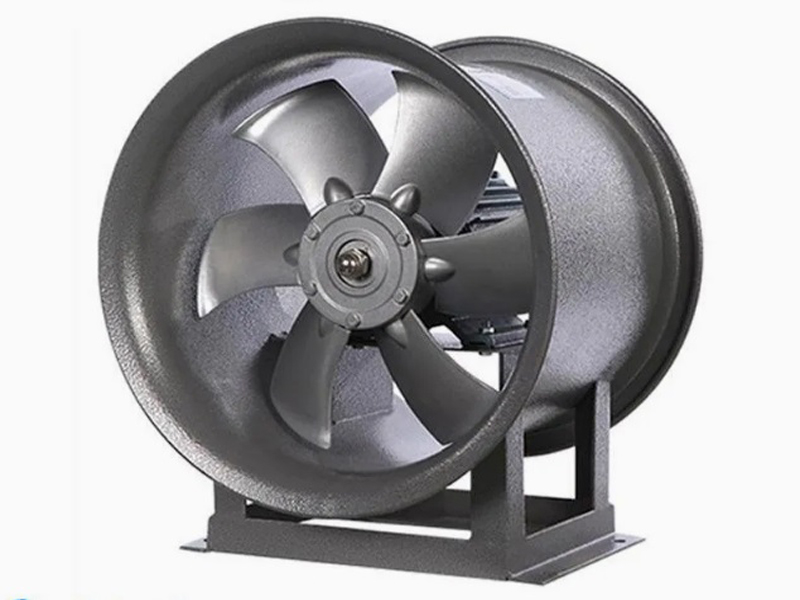
What are the machining processes used for processing axial fan housings
- Process : Sheet metal - Welding
- Material : Carbon steel
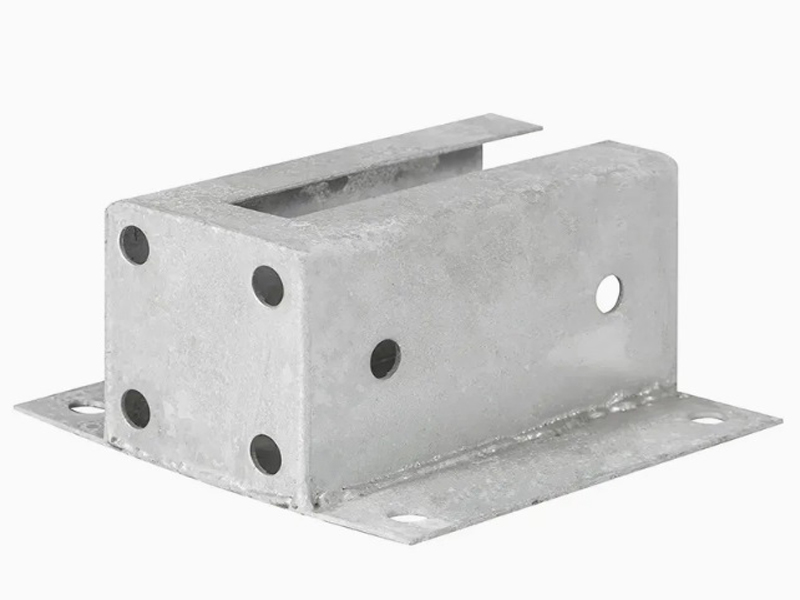
Machining Process Analysis of Carbon Steel Fixed Anchor Plates
- Process : Machining - CNC milling or milling machining
- Material : Carbon steel
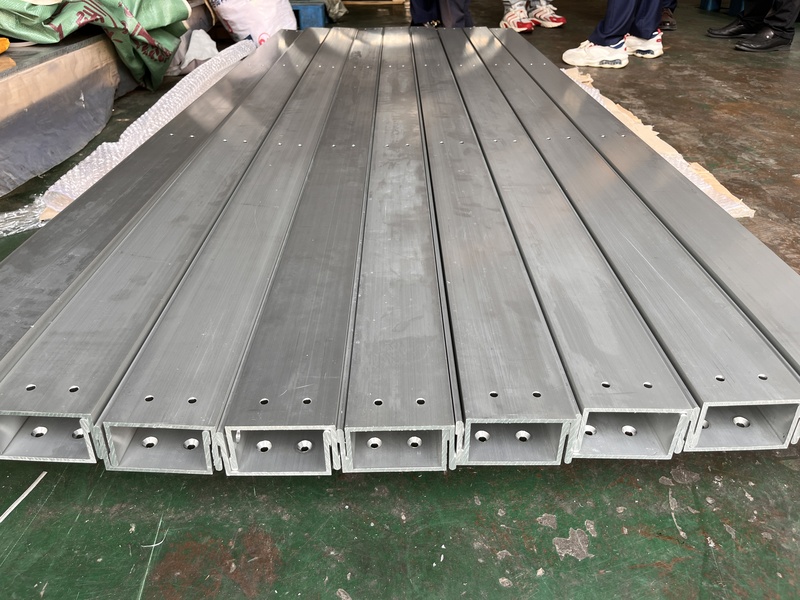
Precision Machining of U-Steel Profiles for Building Applications
- Process : Stamping - General stamping
- Material : Aluminum
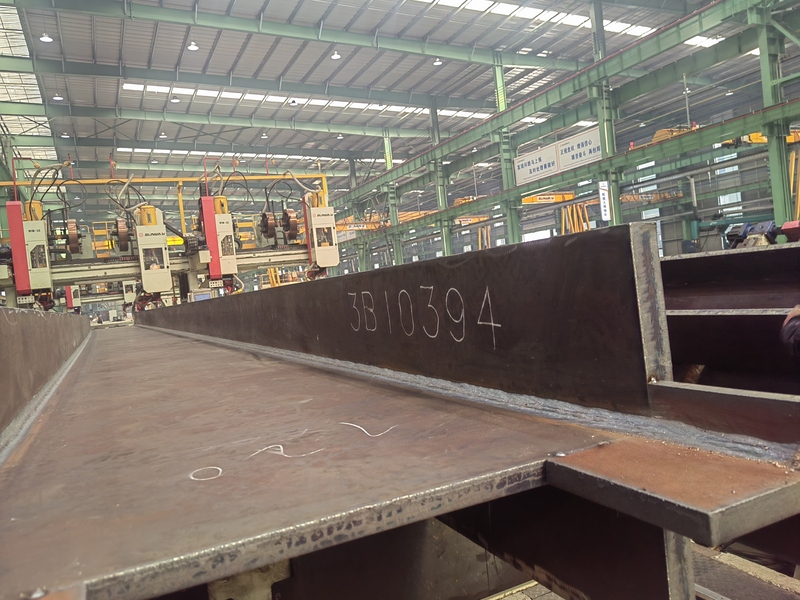
Custom Fabrication of S355JR Welded H-Beams for Construction Projects
- Process : Sheet metal - Welding
- Material : Carbon steel
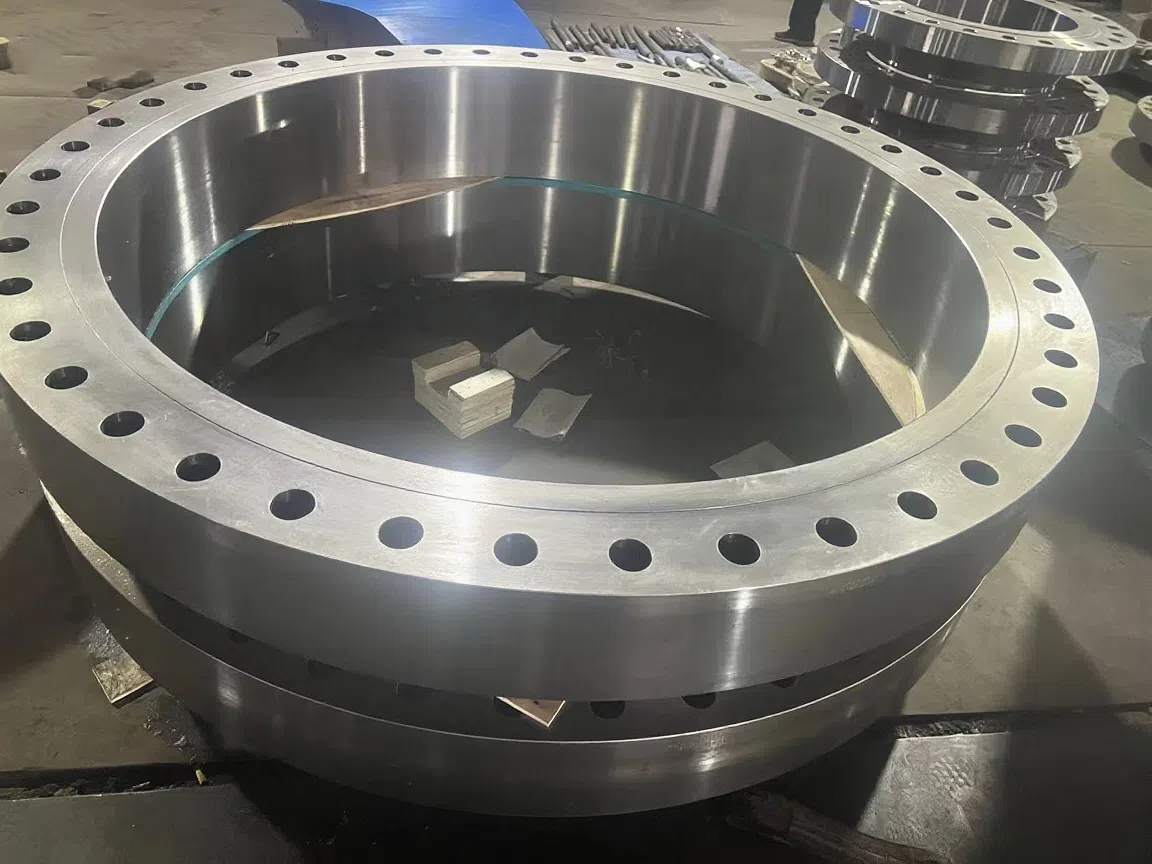
Heavy-Walled Flange Milling-Turning Machining and Flaw Detection
- Process : Machining - Turning Milling compound
- Material : Alloy steel
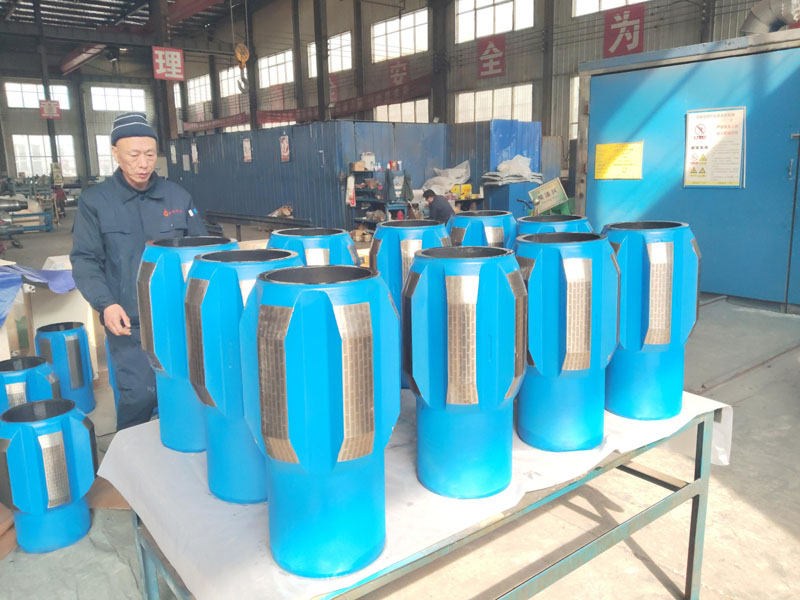
Drill Stabilizers Applied in Oil Drilling Platforms
- Process : Machining - Five-axis machining
- Material : Alloy steel
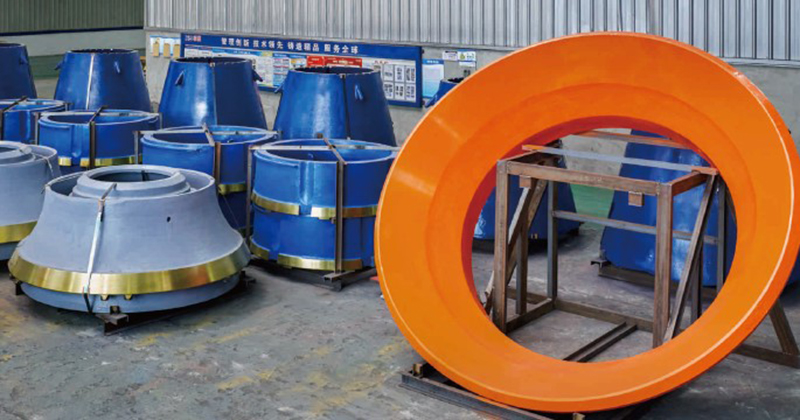
Cone Crusher Mantle
- Process : -
- Material :
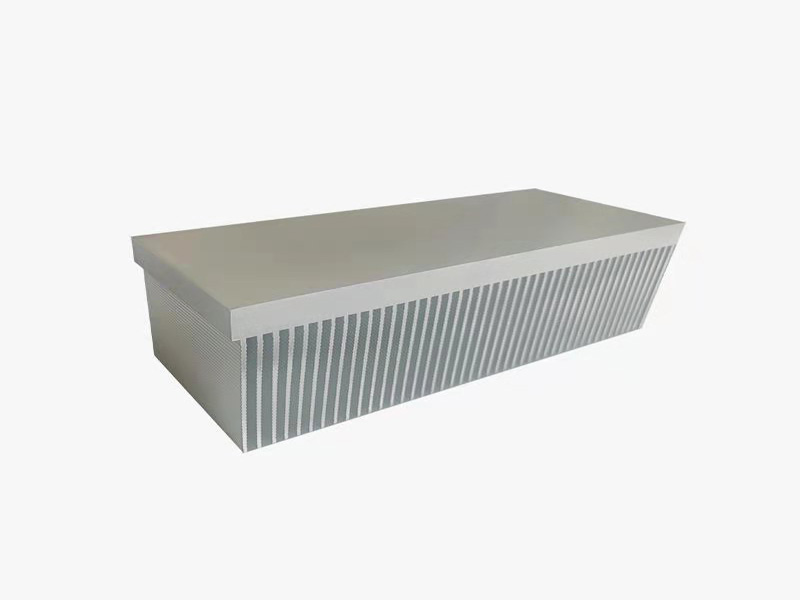
Innovative skiving technology: Breaking through the bottleneck of high-density heat dissipation technology
- Process : Surface treatment - Others
- Material : Alloy steel
More products
More
What are the machining processes used for processing axial fan housings
- Process : Sheet metal - Welding
- Material : Carbon steel

Machining Process Analysis of Carbon Steel Fixed Anchor Plates
- Process : Machining - CNC milling or milling machining
- Material : Carbon steel

Precision Machining of U-Steel Profiles for Building Applications
- Process : Stamping - General stamping
- Material : Aluminum

Custom Fabrication of S355JR Welded H-Beams for Construction Projects
- Process : Sheet metal - Welding
- Material : Carbon steel

Heavy-Walled Flange Milling-Turning Machining and Flaw Detection
- Process : Machining - Turning Milling compound
- Material : Alloy steel

Drill Stabilizers Applied in Oil Drilling Platforms
- Process : Machining - Five-axis machining
- Material : Alloy steel

Cone Crusher Mantle
- Process : -
- Material :

Innovative skiving technology: Breaking through the bottleneck of high-density heat dissipation technology
- Process : Surface treatment - Others
- Material : Alloy steel